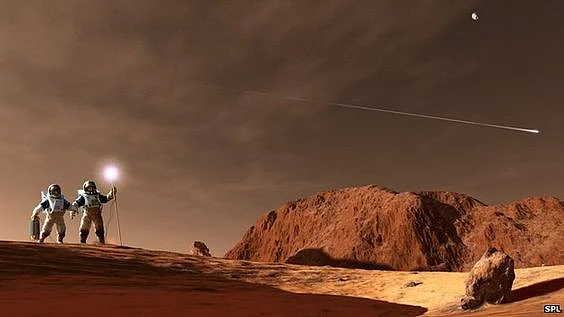NASA is embarking on a groundbreaking mission to simulate life on Mars, and they're looking for volunteers to join the adventure. The space agency is seeking applicants for its second CHAPEA mission, where a crew of four will spend a year living and working inside the Mars Dune Alpha habitat at NASA’s Johnson Space Center in Houston.
The mission, slated to begin in the spring of 2025, aims to replicate the challenges and conditions astronauts will face on the red planet. The 1,700-square-foot habitat, designed to mimic Martian living quarters, will serve as a testing ground for growing crops, maintaining equipment, conducting experiments, and navigating simulated spacewalks.
To qualify for the mission, applicants must be healthy, nonsmoking US citizens aged between 30 and 55 years old, proficient in English, and possess a strong desire for adventure and contributing to NASA's Mars exploration efforts. Candidates must hold a master's degree in a STEM field or a related medical degree, along with professional experience in their field or significant piloting experience.

The selection process will be rigorous, with finalists undergoing medical, psychological, and psychiatric evaluations to ensure they are physically and mentally prepared for the mission's demands. Food allergies or certain medications may disqualify candidates, and compensation details will be provided during the screening process.

The CHAPEA program builds upon the first mission, which commenced in June 2023 and is set to conclude in July 2024. The current crew has been conducting experiments, harvesting crops, and simulating Marswalks to gather crucial data for future missions. Lessons learned from these simulations will inform NASA's strategies for ensuring the health and safety of future Martian explorers.
With the ultimate goal of sending humans to Mars, NASA's CHAPEA missions represent a significant step forward in our understanding of long-duration space travel and colonization efforts.





























